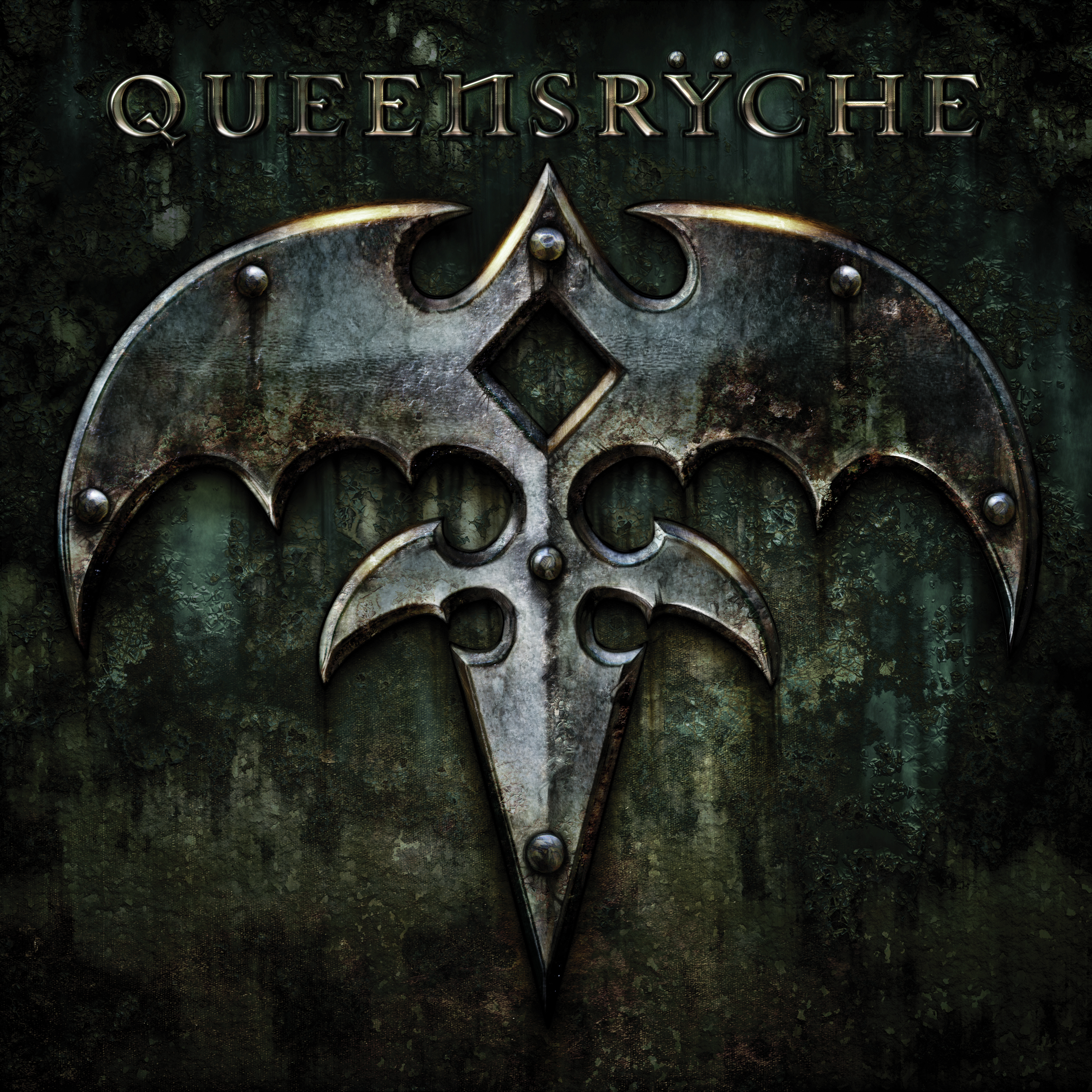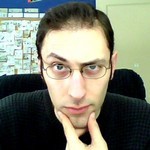
Album Review: Queensrÿche - Queensrÿche
If anything has become clear from the drama surrounding Queensrÿche, it's that both versions of the band are better off this way. Geoff Tate is no longer constrained by a fan-base that blames him for not continuing to make music that sounds exactly like their classic records, while the remaining core of the band can play that kind of music without feeling creatively stagnant. The fans win as well, because they can follow either, neither, or both versions of Queensrÿche to get whatever they want out of their devotion.
This version of the band has made no bones about wanting to go back to the 'classic' Queensrÿche sound, which the title of the album should make abundantly clear. We found this out when the lead single, “Redemption”, was released earlier this year. It signaled the band's return to their signature hard rock/metal sound, and showcased new singer Todd LaTorre's ability to sound remarkably like Geoff Tate's younger days.
“Redemption” is an important song, for two reasons. First, it showed that this lineup of Queensrÿche was capable of writing song really good songs, given the musicians' lack of credits on recent albums. Secondly, it's the dividing line on an album I'm struggling to form an opinion on. The first four tracks, once the throwaway into piece is disregarded, are all classic Queensrÿche that in some ways outshines much of the band's classic material. “Spore” and “In This Light” have the kind of hooky choruses “Operation: Mindcrime” could only have dreamed of. These are classic Queensrÿche with the melodies on steroids.
If those four tracks were presented as an EP, it would be a killer release I would be raving about. They're that good. But there's another half to the record, and it brings with it more questions than answers. As great as the band, and LaTorre especially, do in making the front half of the record a hook-laden ride, the back half is devoid of anything catchy at all. “A World Without” and “Don't Look Back” are rather tuneless numbers, while “Fallout” barely gets out of the gates before it's over.
My issues with the record extend further than the disparity between the two halves. First, there's the issue of the running time. At just thirty-five minutes, including two short instrumental pieces, the record doesn't feel finished. A death metal record can get away with being short because of the abrasive nature of the music, but a rock record like this needs more, especially when the members of the band have openly complained about how their contributions weren't allowed on the last few Queensrÿche records. Secondly, the album is another victim of the loudness war. The entire thing is brick-walled and mastered too hot, making it tough to make it through even the short running time without suffering ear fatigue. Likewise, the copious effects put on LaTorre's voice are both unnecessary and off-putting. Thirdly, and more importantly, this album is a contradiction in terms.
The one thing that was constant about Queensrÿche through all these years has been their unwillingness to stay static. They changed their sound with every album, even when fans begged them not to. That progressive mindset defined who they were, and is completely absent this time out. Ironically, by making an album that goes back to the band's roots, Queensrÿche has made the least Queensrÿche album of their career. Copying their old sound may make fans happy, but it feels false for a group of musicians who have always moved forward, and never back.
I'm not going to compare this album to “Frequency Unknown”. They represent different parts; one the hear, one the mind of Queensrÿche. Which one you think is better will depend on why you liked Queensrÿche to begin with. “Queensrÿche” is a starting point, but there's much work left to do.

